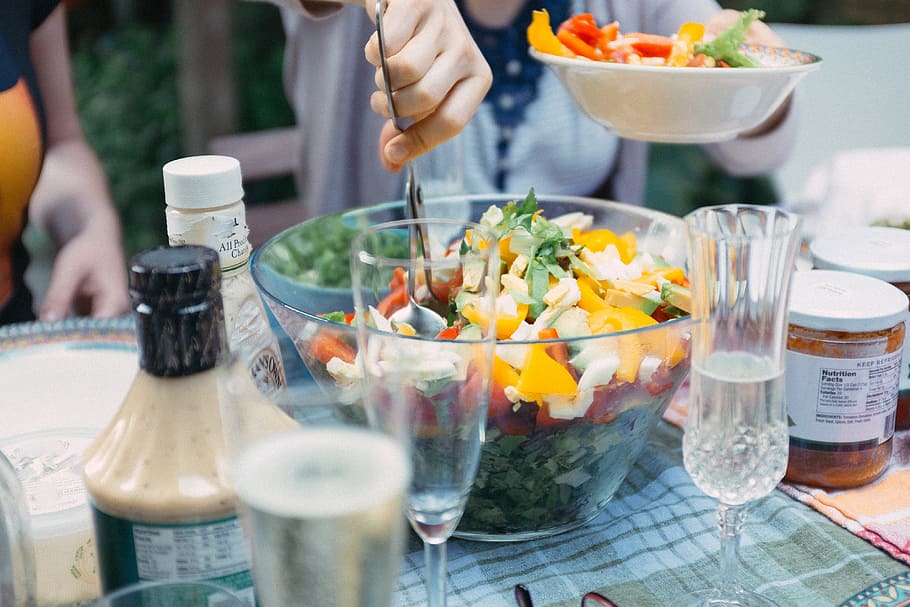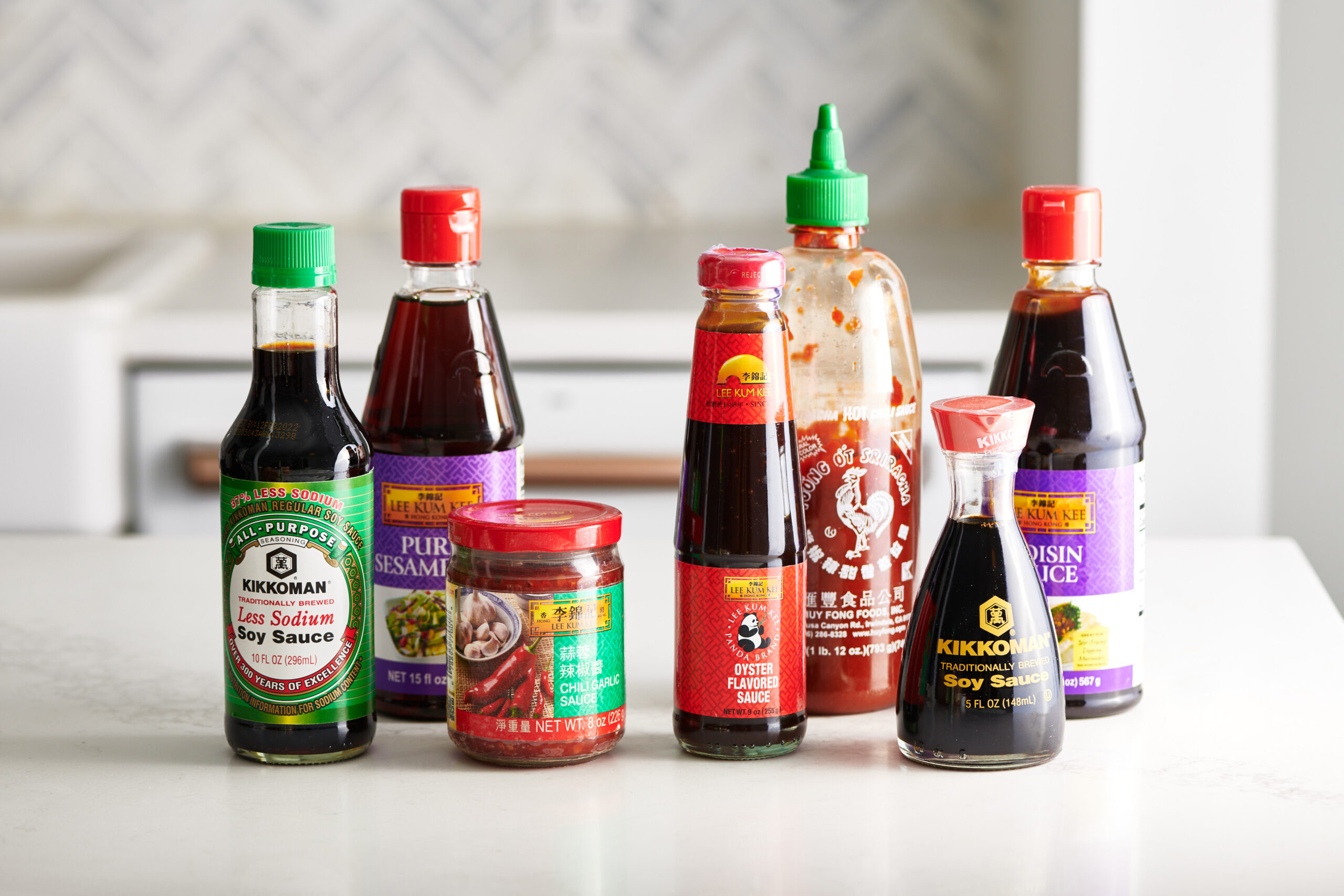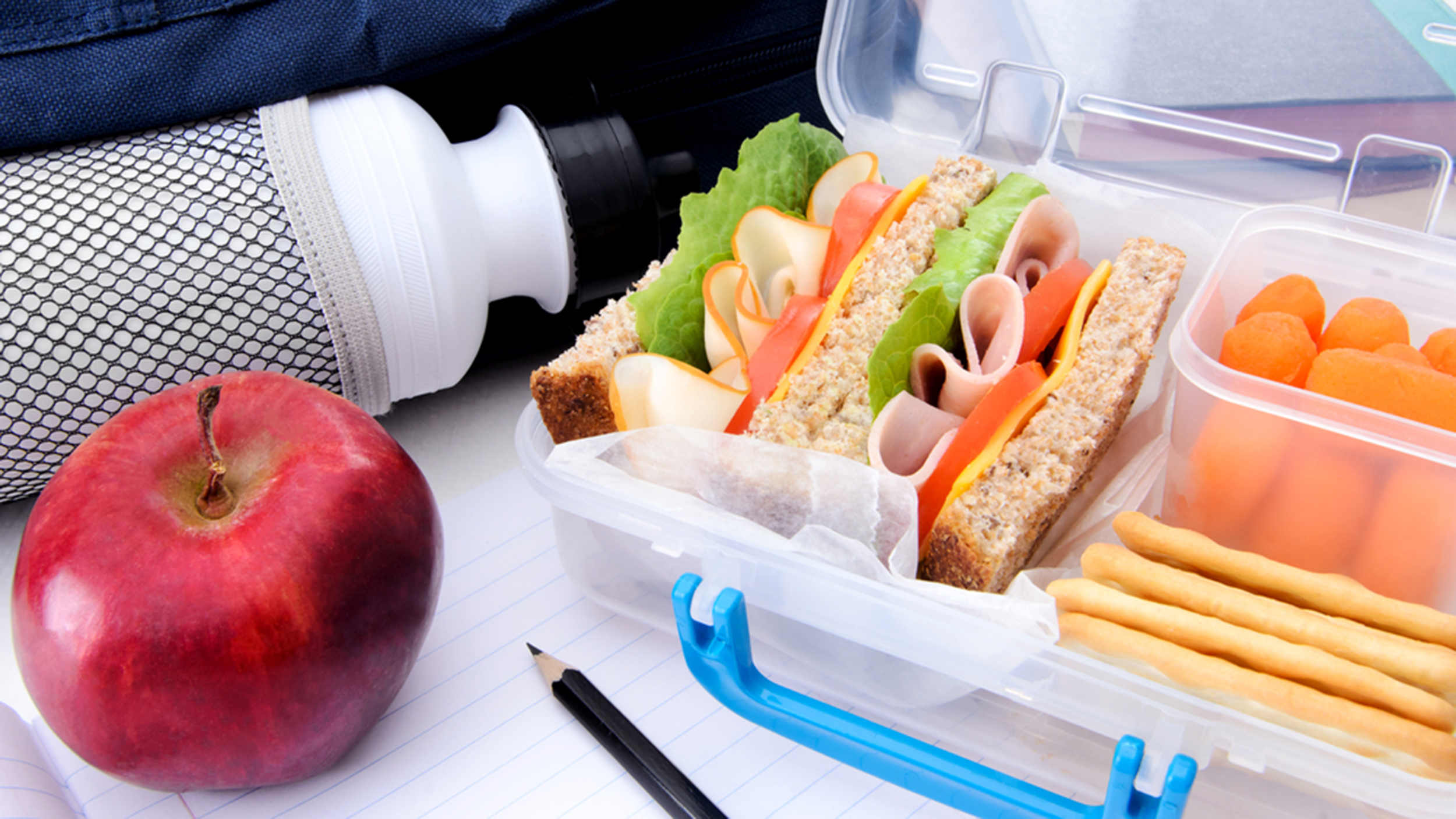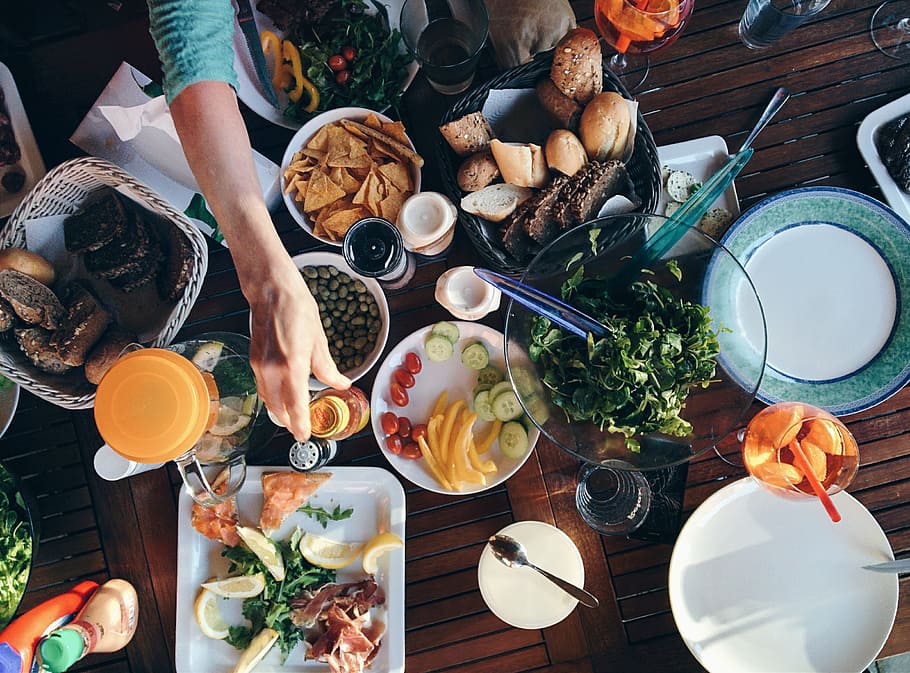Cooks in the family are heroes that everybody needs. Without them, life at home will be colorless. Thanks to their skills and diligence to prepare food for the house everyday, every family member gets to enjoy homemade meals crafted with love.
Food is truly precious, and you definitely know that, regardless of whether you are the cook in your family or just one of the lucky eaters! Even without considering the prices by which those meals have been bought or created, food must be appreciated and taken gratefully. They must not be thrown away needlessly and irresponsibly. They are food purchased with hard-earned money and made with great efforts, so they are truly valuable notwithstanding their price.
It must be a pain to the sight and to the heart for you when you see someone throwing food away. And you surely do not want to do the same thing for the food you have and eat at home. If you are a cook, the list below can greatly help you. Yet even if you are not, it will bring you wholesome awareness.
Here are 8 practical ways for you to avoid wasting food at home. Read on, and share for more responsible households to be born.
1 – Cook food that you and your family like.

You personally know your family, so you know what food they eat and don’t eat. So you will not be forced to dump food, or you will not negligently wait for food to spoil, cook what everyone will and can eat. Choose that which you and your family like.
If you prepare a big dish that only one person is interested in, you might soon junk it once that family member can no longer finish the dish. That’s a waste of time and money, plus most of the family members will not enjoy your homemade meals.
2 – Serve food in amounts your household can finish.

Sometimes, there’s no special occasion, but the dining table is bearing a feast! It could be alright if the family consists of big eaters or of a lot of members. However, if not, your food might go to waste later on because it cannot be scraped to the bottom.
To avoid that, serve food in amounts that your household can finish. Do not put excessive ingredients, and do not maximize the general amount of your dish. Ask your family if they think they can finish a huge-scale meal, or a medium-scale meal will do. If you are aware that your children are picky eaters who eat in small portions, keep the serving size small or just a bit above it.
3 – Use old and new cooking ingredients together.

Make use of your old but still useful cooking ingredients. Do not buy from the grocery if you still have them. Save money, and avoid making them go bad. If you have old ingredients which you can mix with new ones, let them collaborate well. Use your half-filled box of cake flour with your new bottle of pastry flavoring. Use your timeless secret spices with modern kitchen sauces from the nearby convenience store.
For you to lessen financial expenses, check your kitchen cabinet first before buying new ingredients in the market. Only buy new when the old seasonings are no longer sufficient or are out-of-date.
4 – Always take note of expiration dates.

Before putting a can of corn kernel or a carton of cake flour into your shopping cart, read the label, and find the expiration dates first. Do not buy products that are close to their consummation’s validity if you are just going to store them or a part of them for a long time. Meanwhile, if you are going to completely exhaust them after purchase, then that’s alright. Again, that is only as long as you will apply it before its use-by date.
Firstly, this keeps you from utilizing spoiled food or ingredients on your homemade meals. And secondly, this prevents you from unawarely missing the best-before date, eventually allowing it to become rotten and to be eligible for trash.
5 – Do not overbuy easily perishable foods.

When going to the grocery market, you sometimes tend to buy a lot to be kept in stock at home. You want to be sure and safe whenever sudden needs arise. That’s a smart thing to do.
However, be mindful and sensible when it comes to foods that decay in just a few days. Do not overbuy easily perishable foods. Particularly if you do not need them yet or will not cook them anytime soon, do not buy a lot. Just the quantity enough for what you need when you need it is what you should focus on.
6 – Pack food for work, school or other outdoor trips.

Fast food and restaurant food are delicious, and ordering them eliminates the hassle of cooking. But then again, food cooked at home is different and a distinct kind of special. With a huge serving size for the house, you can also get and pack food for work, school and other outdoor trips. Bring out those spacious lunch boxes and fill them up with your tasty delights.
Instead of always driving through a fast food chain before going to the office, pack your lunch from home. It’s not healthy to let kids get used to instant food they can buy in school or around; pack them their nutritious and yummy meals. Don’t always rely on outside foods while traveling when you can cook food at home and pack them for your trip!
7 – Give food to neighbors and loved ones.

Sharing is caring indeed. Hand out some portions of your homemade dishes to your neighbors and loved ones living near or far. When you cannot finish the serving size of your creation, consider seeking help from your neighbors, but of course, you don’t have to tell them that you are giving them food you cannot knock off.
8 – If appropriate, give your food to your pets.

Lastly, instead of throwing away food you cannot eat anymore, give them to your dear pets. Do this if the food is appropriate to their preference and importantly, to their health. If everything’s alright, then no problem! See you pets get excited and overjoyed at the sight of savory foods you share with them!
_____________
WASTE NOT
Food is a basic human need. When you have food, you have a blessing. It’s not free to get or receive food, so every bit of it, you must be thankful and regardful. Do not waste food no matter how small or cheap it may be. Unless it’s contaminated or dirty, of course, you should not throw food away.
Value the food you have. You are blessed to be able to buy, cook and eat good and healthy food. Do not take that favor for granted. Rather, know how to be grateful by enjoying your food, taking care of it, or letting others enjoy them for you.
_____________
ABOUT THE AUTHOR:
Nicole Ann Pore is a writer, an events host and a voice over artist. Quality and well-researched writing is her worthwhile avenue to enlighten and delight others about things that matter. She is a daytime writer for Mauri Baking Supplies Australia, a chief supplier of bakery ingredient solutions all over New Zealand and Australia. Nicole graduated Cum Laude from De La Salle University Manila, Philippines with a Bachelor’s Degree in Communication Arts.












